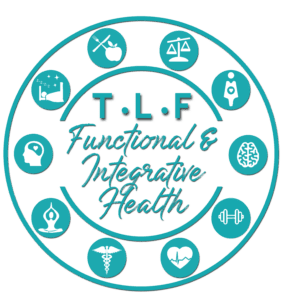There is some evidence that eating fish may make children smarter.
Credit…Andrew Scrivani for The New York Times
By Nicholas Bakalar
Oct. 30, 2019
Does fish make children smarter? There is some evidence that it might.
In two reviews of data from 44 studies, researchers have concluded that eating seafood during pregnancy and childhood is associated with improved performance on tests of mental skills.
The analyses, published in the journal PLEFA, included 29 studies with 102,944 mother-child pairs, and 15 reports on 25,031 children under 18.
Almost all of the studies on seafood consumption during pregnancy and lactation reported beneficial outcomes for children, including five that found that compared to children of mothers who ate none, those whose mothers ate more than 12 ounces of seafood a week had significantly higher verbal I.Q. scores.
In children, the benefits of eating seafood were apparent as early as 14 months. The studies variously found that seafood eaters had a lower risk of attention deficit hyperactivity disorder, better school grades, and higher I.Q. by as much as 9.5 points compared with their peers who ate no fish. The highest intakes — more than 8 to 12 ounces a week — were associated with the greatest benefits.
Pregnant woman have been advised to avoid eating fish high in mercury, such as tuna and swordfish. Three of the studies that included data on mercury content reported that the beneficial effect was present even with elevated levels of mercury.
The lead author, Tom Brenna, a professor of pediatrics at the University of Texas at Austin, said that the results presented an overwhelmingly positive picture of seafood consumption. “Not only did we find very positive results in most studies, but we found no adverse effects, even at the highest levels of consumption,” he said.
